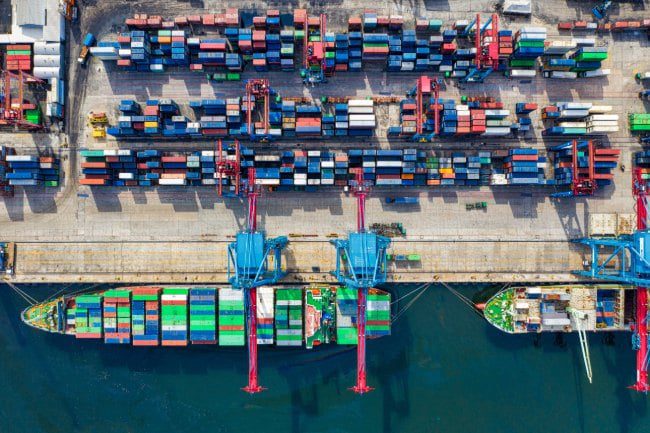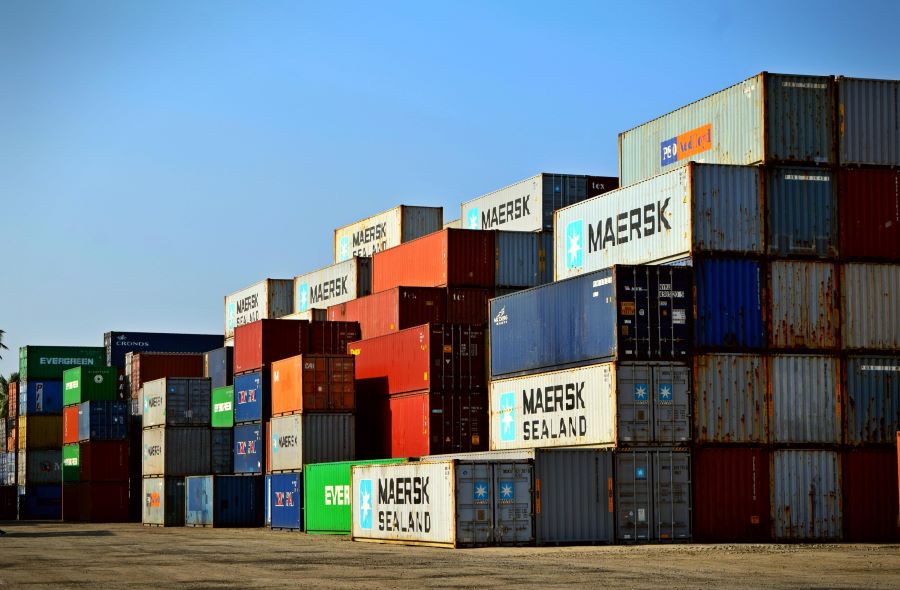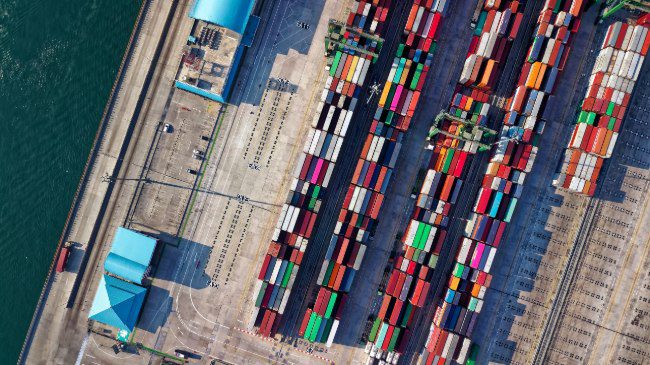The Risks of Third-Party Logistics Provider or Freight Forwarder
When paying for help from a new third-party logistics partner / service provider, (for example a logistics broker, freight forwarder or haulage company), there are many risks that businesses need to be aware of and try to mitigate through some due diligence and research. A business could find themselves caught out by making a bad choice of provider, causing unexpected costs and delays or even getting sold short or conned. Watch our video on this topic important topic in logistics management for more information.
How to Select a Good Logistics Provider
Businesses looking to choose a new third-party shipping /haulage provider or freight forwarder should assess whether the business they intend to work with are reputable, experienced, contactable, and registered. We will also discuss how to check you know exactly what is included in the service (and what isn’t!)
Reputable
When assessing whether the logistics provider or freight forwarder is suitable, the first way to evaluate it is by understanding if you are using a reputable provider. Reputations are hard to earn and good one represents many happy customers over time along with the efforts of that company’s prior marketing efforts. Getting insight into how reputable a potential logistics provider might begin with some simple online searches. This can be done by checking their business website – that is looks professional and that they have a business address and contact number (bad companies don’t like to be found and contacted!). It is also sensible to do some googling for independent references of the company, looking for any reviews and testimonials especially on independent websites or forums. A provider that doesn’t have an online presence could be new and inexperienced or an old, disreputable company trying to clean its history away and representing itself as a new one. Good and bad reviews can always be faked and assessing that is a skill beyond the scope of this little blog but it remains a great resource that you must at least consider.
DISCOVER THE “FORGOTTEN FUNDAMENTALS” OF OPERATIONS MANAGEMENT”
You could also ask for recommendations from your suppliers or other haulage partners, asking them for their input on whether the potential provider you are considering is reputable in their industry as they may have more contact with those types of businesses.
Experienced
Logistics is complicated, and you will want your logistics provider to be experienced in their field. Different routes, ports and types of goods will require different experience, so that the provider can competently guide the goods through the system.
This due diligence can be carried out by asking the provider whether they have shipped goods to a certain country, to a certain type of warehouse or have experience with completing customs paperwork for your type of goods. Ask them how many times they have done that type of job – dig a little deeper than just “have you done this type of job before?”…
Contactable
When choosing a freight forwarder or logistics provider, the service they offer extends beyond just moving your stuff. Part of their fee and certainly part of the value they offer to you will be as a source of information, update, advice, problem solving etc. This means it would be much better if we are easily able to contact them. Start by asking them, “how will I be able to contact you” and you’ll learn a bit but also you can do a little test of your own too. Maybe send an anonymous enquiry email to their customer services, and / or give them a call to check that you can get through to them easily (not just their sales phone line!). It is worth asking whether the company will provide a dedicated contact number for the person overseeing the shipment. Not all will as that is a premium service, but you want to know what level of “contactability” you can expect from them in advance as the cheapest service providers are the often the hardest to get in-touch with when you really need to.
Registered
We probably want our freight forwarder / third-party logistics provider to be suitably registered / certified with any relevant industrial bodies – although we may initially not know what they are. Ask all the companies you are considering if they are registered / certified and who with. You will learn what certifications / registrations are common / required and can then use that in follow up conversations with other companies you are considering. This type of cross-referencing research is an important and very insightful part of provider due diligence. If they are able to provide a registration number for a certain registration body, then this can be searched in that database to check the business name and address are as expected which is a good sign or cause for further questions if not!
Service Details
Know what you are buying! It is important to get all the necessary information about what is included in the service, for example whether the provider will load and unload the lorry in addition to the transport, will they provide their own forklift, pack the container, handle the customs paperwork, and more. Ask what isn’t included. It is worth asking the provider what responsibilities will still be yours, in order to avoid any surprises. This also means that you can better compare like-for-like when evaluating different shipping / logistics providers.
Insurance
It is important to know whether the shipping / haulage company is insured, and what will happen if they go bust, or lose or damage your goods. You will also need to establish whether the provider’s price includes insurance for lost, delayed or damaged goods when it was not the provider’s fault. It is better to get these responses and insurance forms via email prior to any incidents!
Photo Evidence
Bonus Tip. Taking photos of your stuff gives you more power. This is more a final tip for once you have started working with a new logistics provider but don’t forget it. Take photos of your cargo before it is handed over, as it is being collected by them, and of the paperwork that they provide. This can help you remember and find crucial information that you may need to share with others during the logistics process and also offers you a little extra protection and power of knowledge should the situation become complicated with certain little problems or disputes. – Just like you wish you had bothered to take your own photos of the rental car’s real condition “before” you started your weeks holiday!….
Selecting a Third-Party Logistics Provider or Freight Forwarder
Your logistics provider will become an important part of your business, an extension of the service you offer and your customer’s experience of working with you. Getting it right is important and getting it wrong could cost many times more than the money saved with a suspiciously cheap quote. Doing your own due-diligence checks before working with a new third-party logistics provider will help you reduce the risk of partnering with an incompetent or unhelpful provider or from being caught-out or conned. Don’t forget to check for their:
- Reputability
- Experience
- Contactability
- Registration
- Service details
- Insurance details
For more information about logistics management and supply chain management, check out the training courses provided by Rowtons Training, and in particular the course on Logistics Management. In addition, take a look at the numerous free resources, including our video version of this blog on checking a third-party logistics provider.
Crack On!








